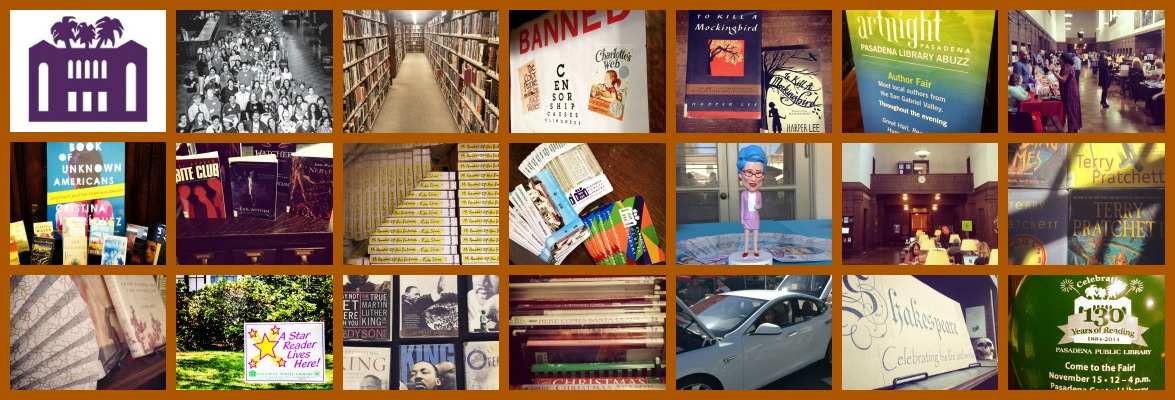The More Beautiful World Our Hearts Know Is Possible by Charles Eisenstein
Charles Eisenstein is hard to define as an author. The More Beautiful World Our Hearts Know is Possible (2013) is the first book I have read of his, although I have explored his blog and watched/listened to his lectures online. Apparently, this book is more metaphysical in nature compared to his others – The Ascent of Humanity (2013), Sacred Economics (2011), and The Yoga of Eating (2003). The More Beautiful World Our Hearts Know is Possible walks a very fine line between self-help and cutting-edge philosophy. With a heavy emphasis on current social and ecological issues, Eisenstein attempts to bridge the gap between hopelessness and empowerment.
The book is divided into 36 short chapters (the book is approximately 270 pages) which flow very well together and make sense to read consecutively rather than independently. Each chapter is titled with just one word – some examples: Separation, Cycnicism, Force, Hope, Morphogenesis, Orthodoxy, Nondoing, Evil, and Initiation. Eisenstein weaves a narrative that emphasizes the transformation from “The Story of the World” to the “The Story of the People”, two ideas he offers which represent very specific worldviews. These worldviews dictate how we answer basic questions like “Who am I?”, “What is the purpose of life?”, and “What is human nature?” Depending on which worldview you stand in, the fate of individuals, society, and the planet are at stake, according to Eisenstein. It is interesting that he does not claim to be standing in either, but to still have one foot in each. Therefore, Eisenstein is not claiming to have some special power or to be enlightened, rather he is a person in transition from one “Story” to another and wants the reader to accept him as a companion on their own journey.
Having read books that attempt to aid people through difficult times, this book is truly unique. It does not give answers in any definitive way, rather it offers a premise by which to adopt a different worldview. It does not prescribe any sort of discipline (e.g., meditate for 30 minutes a day, exercise, study Chinese medicine, etc), rather it suggests that we take a deep look at how we see the world in our everyday experience and question our notions of cynicism, despair, evil and the like. I find myself still pondering many of his ideas and sharing them with friends in our discussions about how to make the world a better place. This is a mark of a good author and an intriguing book. I recommend The More Beautiful World Our Hearts Know is Possible to anyone willing to take on a new approach to thinking about improving conditions in their personal lives, society, and the planet. It is food for thought, and the heart as well.
– Jared B., Central Library
